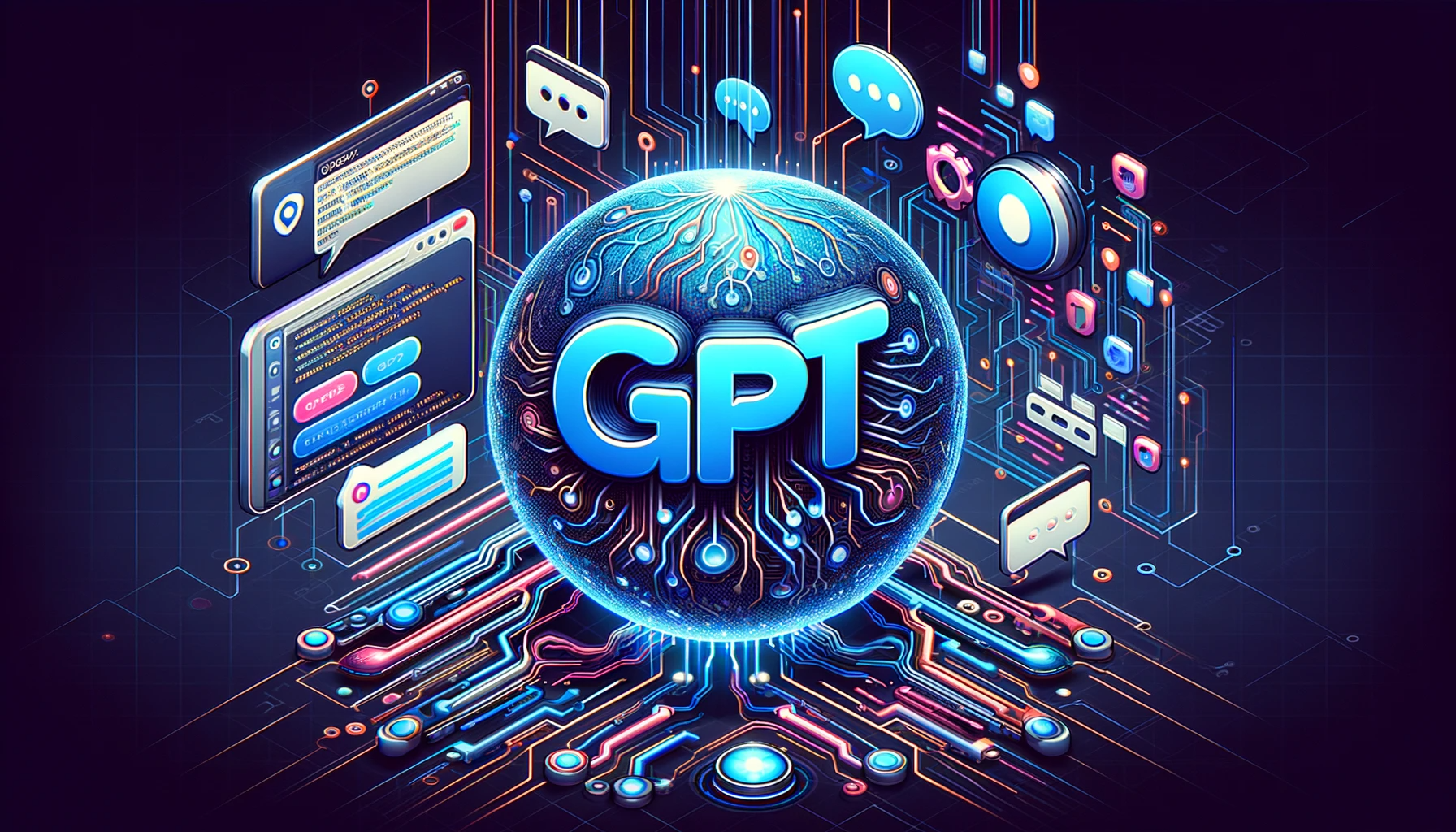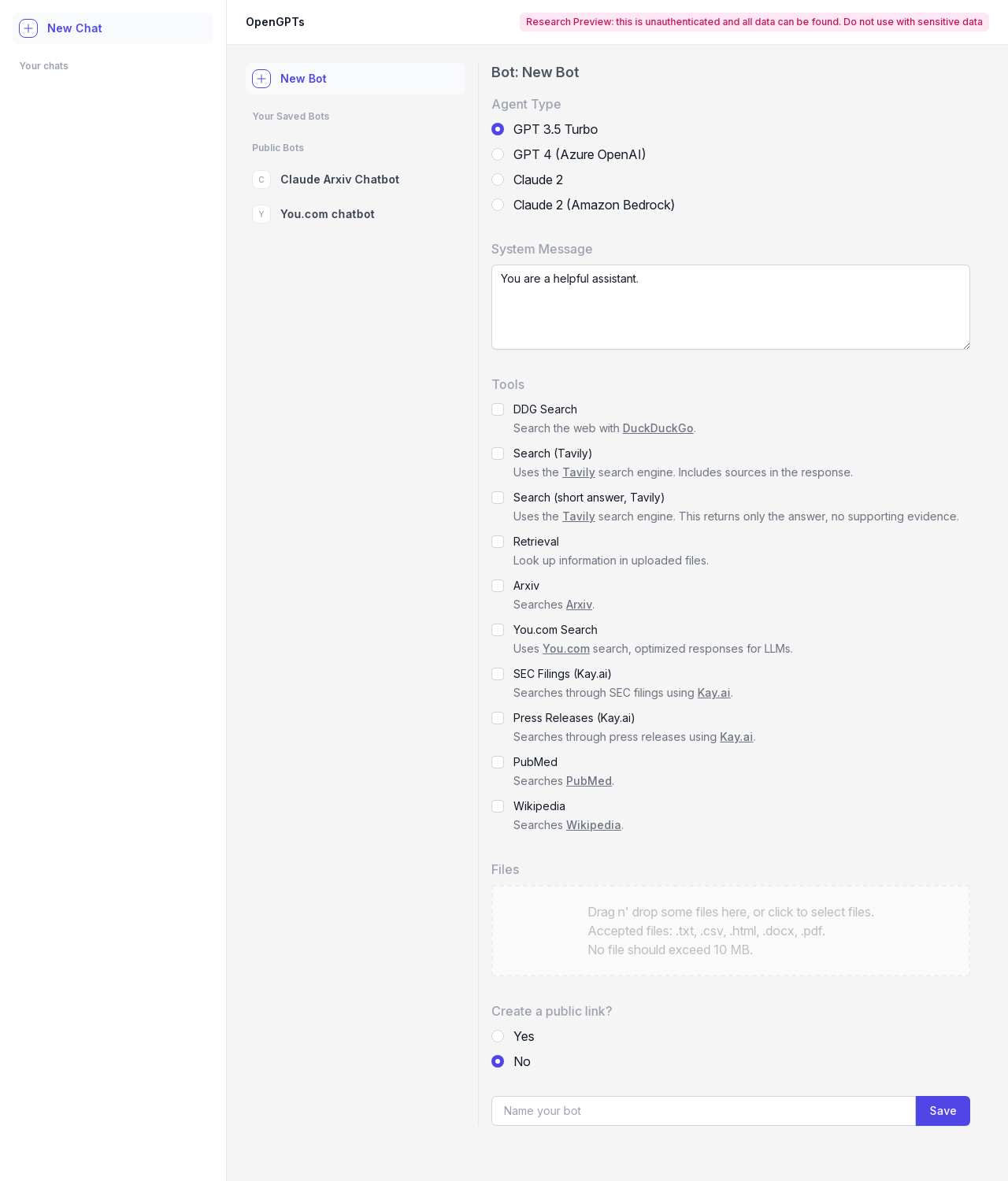OpenGPT is an open-source alternative to OpenAI's custom ChatGPTs

OpenGPT is a promising toolkit for building custom chatbots like GPTs, but it is completely open-source and offers even more configuration options. Which means it is also more complicated.
With GPTs, OpenAI introduced the evolution of its plugin concept at Dev Days in November 2023. The AI company is giving end users different tools to create a chatbot tailored to their needs, without having to know how to code a chatbot. OpenAI even plans to give successful GPT creators a share of the revenue from ChatGPT Plus in the future.
When setting up GPTs, users can upload their files, link APIs, assign system prompts, and enable modules for web browsing, DALL-E, and code interpreters.
It's a nice feature, but none of the GPTs have yet proven to be truly groundbreakingly useful, including OpenAI's GPTs (not counting the more complex ones like DALL-E 3). The long-term vision is for GPTs to evolve into more fleshed-out everyday assistants who can do your tasks instead of just providing (mostly) text.
LangChain connects GPTs to various language models
OpenGPTs, initiated by the creators of the LangChain model framework, aims to provide an open-source alternative to OpenAI's GPTs that does not compromise functionality but is intended to provide more control.
Users can specify the language model, prompts, additional tools, vector databases, retrieval algorithm, and chat history database.

The GitHub project has instructions for a standalone installation, and LangChain has a demo page with a preview.
There are modules for web search with DuckDuckGo, Tavily, Arxiv, You.com, Kay.ai, PubMed, and Wikipedia, and in addition to GPT-4, GPT-3.5 Turbo and Claude 2 are also available. A capable image model like DALL-E is still missing.
OpenGPT already has many features that are also available in OpenAI's GPTs, such as the ability to upload your files or share chatbots with others via a link. As planned for the OpenAI model, LangChain wants to open a "marketplace" where users can discover other people's chatbots - for free, of course.
But OpenGPT will not make the OpenAI solution obsolete, no matter how far OpenGPT development goes. The strength of ChatGPT's creators lies in making complex technology accessible to a wide audience through low-threshold user interfaces. The open-source alternative may offer greater potential due to its modularity, but it also requires more expertise to fully exploit.
AI News Without the Hype – Curated by Humans
As a THE DECODER subscriber, you get ad-free reading, our weekly AI newsletter, the exclusive "AI Radar" Frontier Report 6× per year, access to comments, and our complete archive.
Subscribe nowAI news without the hype
Curated by humans.
- Over 20 percent launch discount.
- Read without distractions – no Google ads.
- Access to comments and community discussions.
- Weekly AI newsletter.
- 6 times a year: “AI Radar” – deep dives on key AI topics.
- Up to 25 % off on KI Pro online events.
- Access to our full ten-year archive.
- Get the latest AI news from The Decoder.